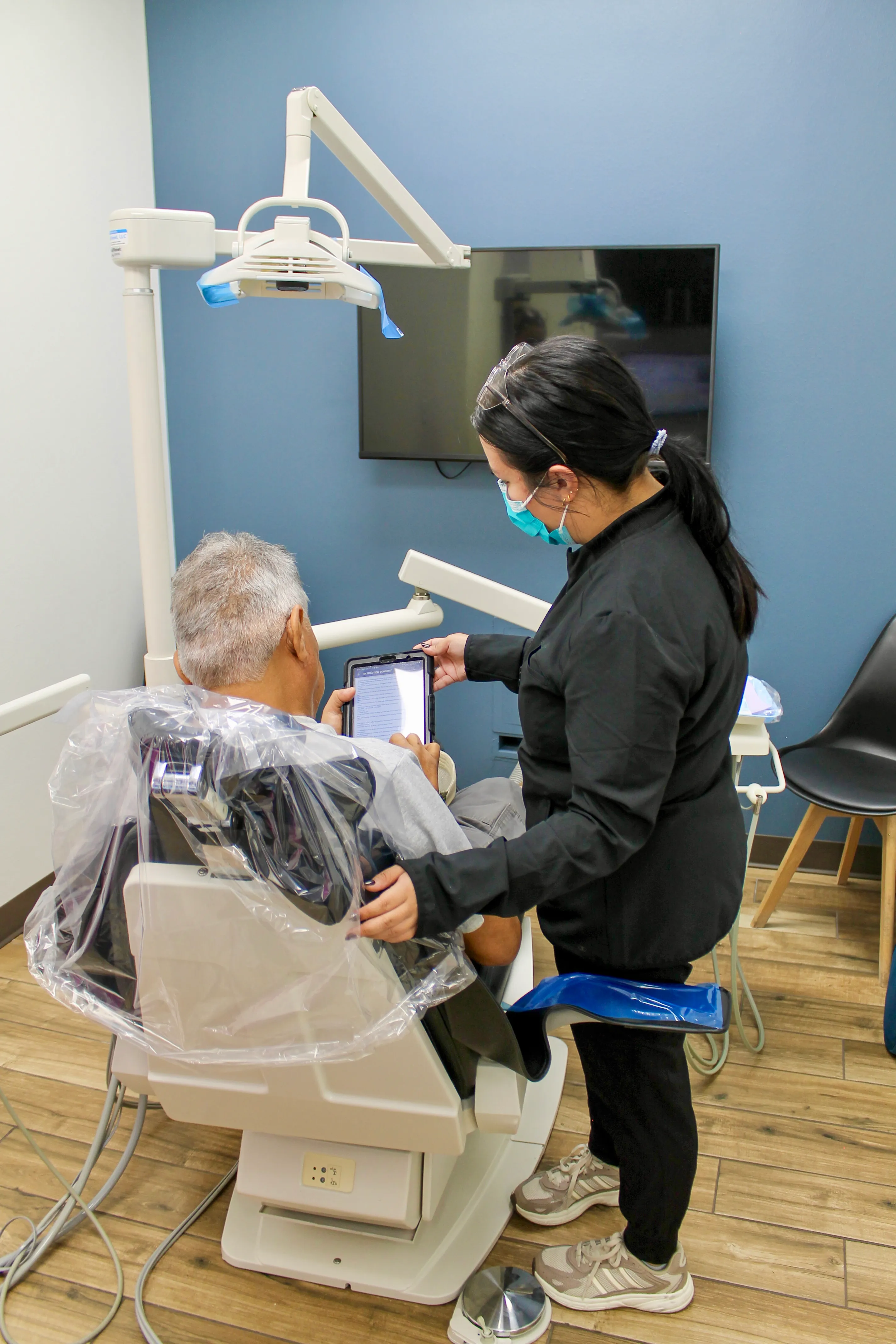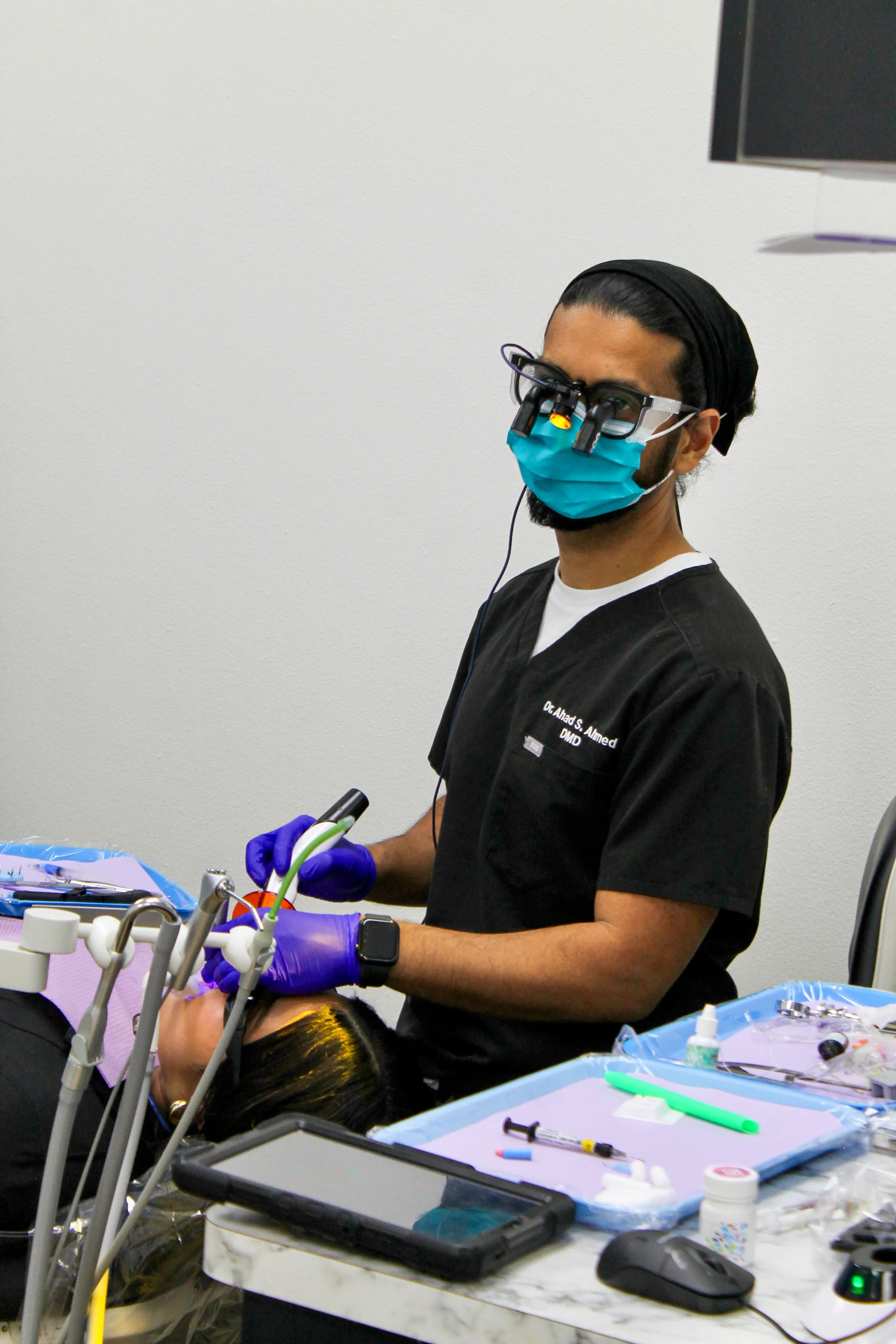










Crowns and veneers are both dental restorations that can improve the appearance of your teeth, but they serve different purposes and have different characteristics. To prepare for a crown, your dentist will need to remove a significant amount of your natural tooth structure to make room for the crown. Veneers require less preparation, as only a small amount of enamel needs to be removed from the front of your tooth.
The cost of veneers can vary depending on the type, quality, and number of veneers needed. Compared to other cosmetic dental treatments, veneers are typically more expensive. Speaking with your dentist about payment options before getting veneers is important.
Veneers require the same care as natural teeth, including brushing twice a day, flossing daily, and visiting your dentist for regular checkups. Avoid biting or chewing on hard objects, as this can damage your veneers.
Veneers can be removed, but it's important to understand that your natural teeth may be altered during placement. Your dentist can discuss the benefits and risks of veneers with you to help you make an informed decision.
The process of receiving veneers is typically painless. However, some people may experience sensitivity or discomfort after the procedure. Your dentist can recommend pain relief options if needed.
With proper care, veneers can last for many years. Veneers typically last between 10 and 15 years.